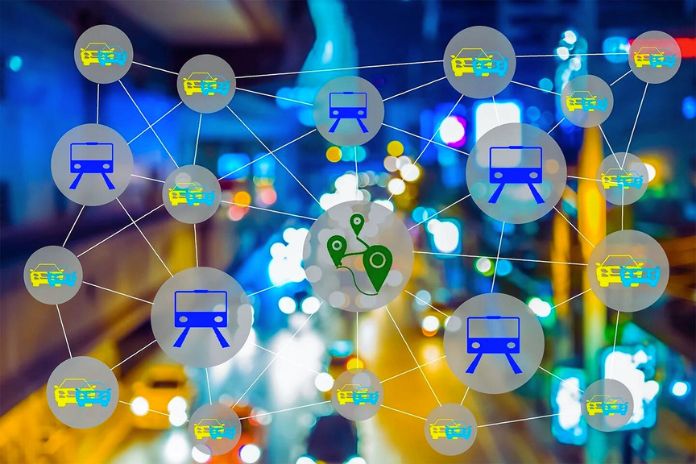Society is going through many transformations, especially about consumption. In a scenario of crisis and environmental problems, we see a new business model: the sharing economy.
Today, people have stopped renting films from video stores to watch them on streaming platforms. It is also possible to reduce the use of your car to travel with app vehicles. Or even use your car to offer transportation to other people.
Thus, all these changes influence our consumption habits, and without a doubt, they are here to stay. This is because, besides making life easier for those who consume, it is a source of income for those who offer the good or service.
This is the main idea of what we call the sharing economy. Next, we will explain how this business model works. Good reading!
What Is The Sharing Economy?
The sharing economy is a new social and economic model structured in light of new trends in collaborative consumption. In other words, it is based on the sharing of human, physical, or intellectual resources, such as exchanging or renting goods.
This new way of thinking is based on a limited resource. In other words, resources must be shared so that more people can use them.
How Does The Sharing Economy Work?
The focus of the sharing economy is the interaction between people, who can take the opportunity to exchange or sell idle goods.
This behavior is the essence of the new system: taking something you have and sharing it with people somehow. This way, you offer a solution to someone and create a source of income for yourself.
To understand how companies are part of this process, let’s analyze Waze, a GPS application. The idea of the system is to offer traffic data and alerts shared by users in real-time.
Thus, it relies on community collaboration, bringing together people with common interests in one environment. Some experts claim that the sharing economy includes 3 possible types of systems. Among them:
Redistribution Markets
It occurs when a used item goes from where it is no longer needed to where it is. This system is based on reducing, reusing, recycling, repairing, and redistributing.
Collaborative Lifestyle
This system is based on sharing resources, such as skill, time, information, and money.
Product And Service Systems
It occurs when the consumer pays for the product’s benefit and not for the product itself. For example, when we buy a CD, we don’t need the objective but the song that plays on it.
With this new system, people can maintain their lifestyle without purchasing more. In other words, it has a positive impact not only on your pocket but also on the planet’s sustainability.
4 Examples Of Companies That Invest In The Sharing Economy
As we explained, some companies are already part of this business model. Below, we will present 4 examples so that you better understand the concept of the sharing economy.
Sale Of Used Products
The sale of used products is part of the essence of the sharing economy. After all, you transform an asset into something useful for someone else and, simultaneously, a source of income for you.
In this model, we can mention companies such as Enjoei, Mercado Livre, and OLX. Both platforms allow you to advertise a discontinued or replaced product so others can purchase it.
Deliveries And Delivery
Delivery apps, whether for food or shopping, are included in the sharing economy. Here, we can mention apps like Rappi, iFood, Loggi, Glovo, and Uber Eats, among others.
Food delivery apps allow users to access all restaurant information more easily. With it, you can consult the menu, place an order, and pay online.
Additionally, if you have a motorbike or bicycle, you can register to make deliveries through the app. So, the collaborative part of these systems is in product offering and delivery.
In the case of Rappi and Loggi, the companies deliver different types of products. You can even count on a professional to go to the establishment of your choice to make the purchase.
Accommodation
The hotel sector has also invested in the sharing economy. Airbnb, for example, allows you to rent your home to travelers from all over the world.
This way, the company could make accommodation cheaper and guarantee extra income for property owners. We can also mention the services of Pethub, which brought the possibility of hosting other people’s animals and earning money from it.
Transport
In this sector, we can mention companies such as Uber and 99. Both are leaders in the collaborative transport market.
Here, the shared economy modality allows you to turn your car into a means of transporting passengers. This way, you make life easier for those who need a commute and, at the same time, guarantee an income for yourself.
Another example of transport is Buser, which deviates from the traditional bus logic and offers more affordable intercity transport.
BlaBlaCar is also an app that allows you to pick up and offer rides to app users. In this case, everyone shares the cost of the trip, which eases the pockets of the driver and passenger.
Also Read: Attention Economy: What It Is And How To Attract Consumers

